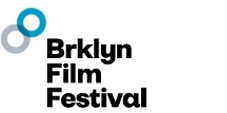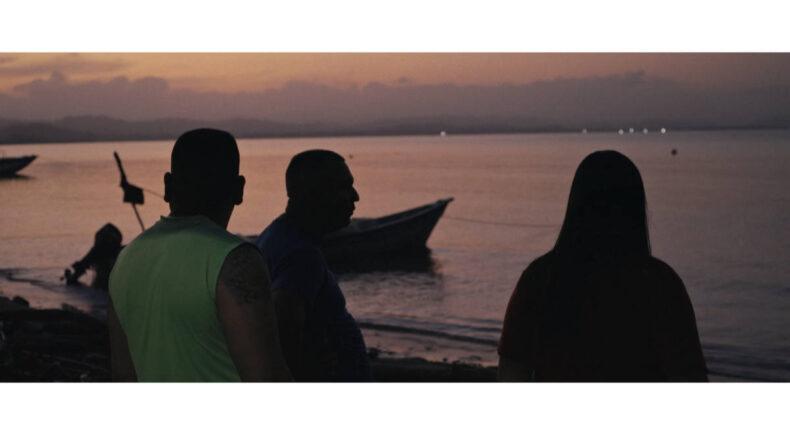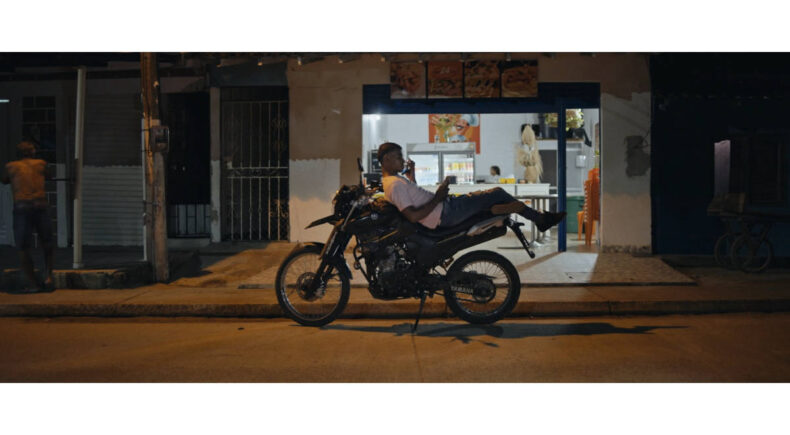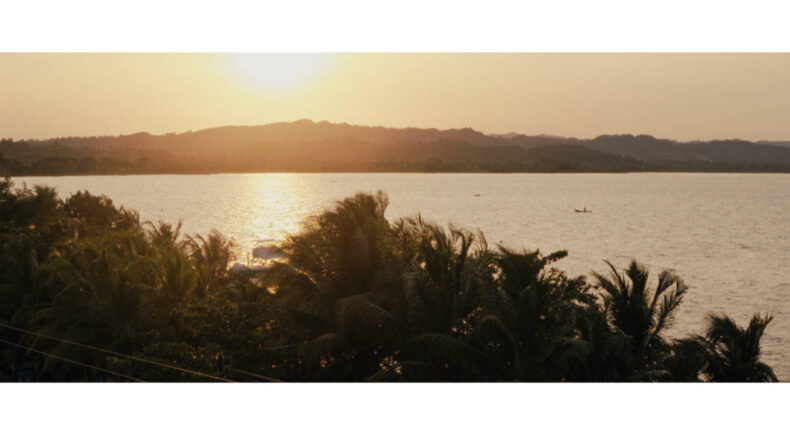Roads Of Fire
Director: Nathaniel Lezra
United States, Colombia, 2024, 119 min
Shooting Format:Sony Digital
Festival Year:2025
Category:Documentary Feature
Genres:Drama, Political, Thriller, Social Issues, Investigative
WINNER: Audience Award
Crew:Executive Producers: Nicole Tao, David Wu, Nathaniel Lezra, Malcolm Bird, Benjamin Wellington. Writers: Nathaniel Lezra, Malcolm Bird, Joel Inchastegui, Braulio Jatar.
Email:natlezra2013@gmail.com
Synopsis
ROADS OF FIRE examines the global migrant crisis through the lens of the $35 Billion migrant smuggling trade, tracking a smuggler as he transports a family of Venezuelan refugees to the mouth of the cartel controlled Darién Gap; a young mother fighting for asylum in New York City; and volunteers on the frontlines of an escalating humanitarian emergency.
"In a time when conversations around migration are frequently shaped by political rhetoric, ROADS OF FIRE arrives as a necessary counterpoint. It doesn't just document; it challenges audiences to reconsider their perspectives and engage with these issues personally. By stripping away political bias and focusing on the human experience, the film serves as both an urgent call to awareness and a testament to the resilience of those seeking a better future." - Overly Honest Reviews
Trailer
About the director
Nathaniel Lezra has directed and produced award winning work in the longform documentary, narrative, and commercial spaces. His creative focus is on telling humanist stories that illuminate extreme experiences outside the conventions of contemporary culture. He is based in New York City and Los Angeles.
Filmmaker's note
Roads Of Fire is the culmination of years of labor executed by an extraordinary, compassionate, engaged, and courageous group of artists and crewmembers. It is also a window into a journey I’ve been undertaking for roughly a decade – one that began with my learning about my grandfather’s experiences as a Spanish Arab refugee in Morocco, having escaped one of the Spanish dictator Franco’s concentration camps in Northern Africa, and relocated to Tangier. He restarted his life there from nothing as a delivery boy, and up until his recent death he could still recite in Spanish, French, English, and Arabic the roadmap of Tangier, and the names of people he met along the ancient alleyways and thoroughfares he navigated as the pilot of a local delivery donkey-cart.
Hearing that story for the first time coincided with the early days of my professional directing career, and completely altered my perception of what I wanted to do with my time on this planet. I’ve always been interested in stories that interrogate places, and peoples’ relationships with them – people estranged from home, people searching for it having never known it, experiencing displacement within their lands, or watching their home change and erode around them. I heard my grandfather's story, and a few years later directed my second feature film and first feature documentary for Paramount, Don’t Leave Me Behind: Stories of Young Ukrainian Survival – a film that took me to the edge of war, and brought me into the dizzying, devastating, and thoroughly wrecking world of conflict journalism and storytelling. On that project, and with my grandfather's story in my brain, I realized that I’d found what I was here to do, and where my journey was going to take me. Roads of Fire was born soon after.
My goal for the film initially was to examine the systemic mishandling of the migrants and refugees being sent to New York City from Texas and other parts of the United States. As we filmed, I met humanitarians and volunteers who gave me glimpses through – then pushed me through – the curtains of the ugly world of non-profit financing, the political machinations that exist between and around administrations, those who need money to bolster and pay out their overheads, and those who need money to truly do the work that needs to be done to save lives. I met more Asylum Seekers from more parts of the world than I could count. I heard stories of unimaginable pain, and inconceivable courage.
I was humbled by the generosity, courage, and openness of people who had experienced extremes of life that I couldn’t fathom. I met our subjects: Maria, and her two boys Axel and Alex, then newly arrived Asylum Seekers totally adrift and alone in a harsh city collapsing in on itself, the result of administrative gridlock, internal corruption, and inhuman politics. And through a complex web of relationships, I met Jonathan, a smuggler of people, someone who understands and accepts the moral implications of his trade, taking money in exchange for guiding human beings into and through danger, all while paying off drug cartels and international criminal syndicates.
It took going to Colombia, being invited into a migrant encampment on the beaches of Necoclí, evading guerrilla zones in the mountains, and eating a local meal with former narcos turned security contractors to really understand what the film was about. Roads of Fire is about illuminating the messy humanity at the heart of what the rest of the world only sees as a political or economic talking point. Its goal is to bring the viewer into the sweat, dirt, anxiety, adrenaline, joy, and pain of people of all walks of life – all of whom make mistakes, sacrifice, compromise, dream, and strive for more. It’s about bringing the viewer into a conversation they’ve never been a part of with people they don’t see.
I traveled two continents making this film. The prevailing take-away for me is that when you tell someone in good faith that you want to listen to what they have to say, learn about their lives, get their perspective, they’ll talk to you. People will let people in, given an honest chance. If this film helps people build those bridges of basic compassion, and opens the door, even a tiny amount, for people to have those conversations, then it will have succeeded. My grandfather did that on a donkey cart almost a century ago in Morocco, and I’ll be proud if this film helps those who watch it do the same.







